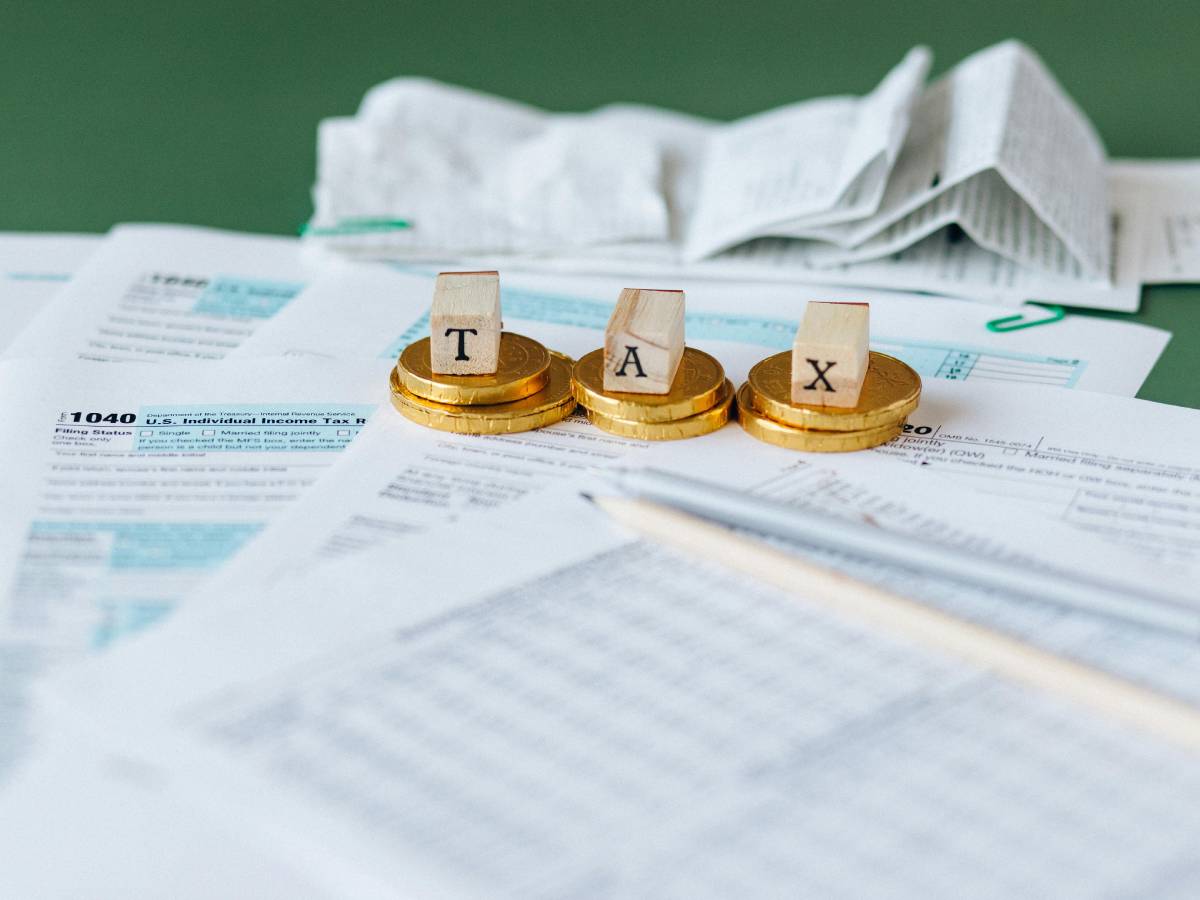If you’re considering a career as a tax professional, you may be surprised to learn there are more avenues to starting a tax preparation business than becoming a Certified Public Accountant (CPA). Getting started as a professional tax return preparer requires tax knowledge and the ability to meet certain IRS requirements, but getting paid to complete and file tax returns for clients doesn’t require a huge financial and time investment in education. Here’s what you’ll need to get started as a professional tax preparer.
Table of Contents
Tax industry knowledge and experience
Tax industry knowledge is definitely a plus if you’re looking to pursue a career in tax preparation. However, it’s not a necessity, nor is extensive education in math. More important is being able to understand basic bookkeeping and accounting and having an interest in expanding your tax knowledge. Other useful skills as a tax preparer include excellent customer service, organization, and attention to detail.
As for the industry knowledge to begin preparing taxes on your own, you can gain expertise to handle basic returns relatively quickly. Take advantage of the IRS’s Annual Filing Season Program to start gaining necessary education in tax prep.
Brick and mortar or virtual
While you may eventually set up a virtual home office for your tax preparation business, it’s not a bad idea to work for an established tax prep firm for a brief period when just starting out. This will provide you an opportunity to ask questions and gain experience during tax season from seasoned tax professionals and also learn about local and state requirements for starting your own business.
Should you decide to have a brick and mortar business, you don’t necessarily have to invest a lot of money renting office space. Consider leasing a coworking space, where you have access to conference rooms and your own personal workspace as needed for substantially less money than renting a complete and independent office.
Plenty of tax preparers work remotely or from home, something that’s easier than ever now that cloud-based tax preparation software is the norm.
Apply for a PTIN
The IRS requires anyone who prepares tax returns and charges a fee for their services to have a Preparer Tax Identification Number (PTIN). You can apply for one online in about 15 minutes. You can also apply for a PTIN by completing and mailing in Form W-12. The IRS generally takes four to six weeks to process applications submitted by mail. Applying for a PTIN requires a non-refundable fee of $19.75.
Apply for an EFIN
If you plan to file tax returns electronically, you will also need an Electronic Filing Identification Number (EFIN) . You can apply for an EFIN online. You will also need to provide your fingerprints to the IRS unless you are already a certified licensed professional, like a CPA or attorney. The IRS processes most EFIN applications in about 45 days.
Register with your state
Depending on where you plan to operate your tax preparation business, you may need to register with your state as a tax preparer. Make sure to look up your state’s requirements before you begin accepting clients. While some states have no regulations, others will require registration, a beginner tax preparation course, and an exam.
Create your business and marketing plans
Even if you plan to operate as a sole proprietor, it’s still a good idea to establish a business plan to solidify your goals as a professional tax preparer. Your business plan, even if it’s only a brief one-pager, should address the following:
- An executive summary of your goals for the business
- Services you plan to offer
- Costs to set up your business and how you will fund it
- What you will need to charge for services to ensure a profit
- How you will market your business
Should you ever require small business funding, a business plan will come in handy to present to lending institutions or other potential funders.
Acquiring new customers will also be essential to the success of your new tax preparation business, so make sure to invest in marketing and promotion efforts. Here are some ideas to get you started:
- Build a website (or add your address to an existing website)
- Create social media profiles for your firm, focusing on platforms where your target clients spend their time
- Conduct email marketing campaigns using software like Mailchimp to both design emails and distribute them to your contact list
- Ask friends and family, colleagues, and existing clients to spread the word
Choose the right tax software for your tax business
Choosing the right tax preparation software will be key to your success as a tax professional. Be sure to carefully review tax software options, know your individual needs, and consider the following questions:
- How much support and tax filing assistance do I need, and is this support part of the software package?
- Can I install the software on my desktop, or is it cloud-based?
- Would cloud-based software serve me better so I can work from anywhere?
- Can the software provider help me explore other ways to grow my revenue as I gain experience?
While starting any small business comes with challenges, there are many resources available to would-be entrepreneurs looking to pursue tax preparation as a career. From ready-to-go software options that make tax prep and filing simple to the low cost of entry into the field, tax preparation offers a solid avenue for starting a business, adding a new revenue stream to an existing operation, or setting a foundation for an even larger tax advisory career down the road.

